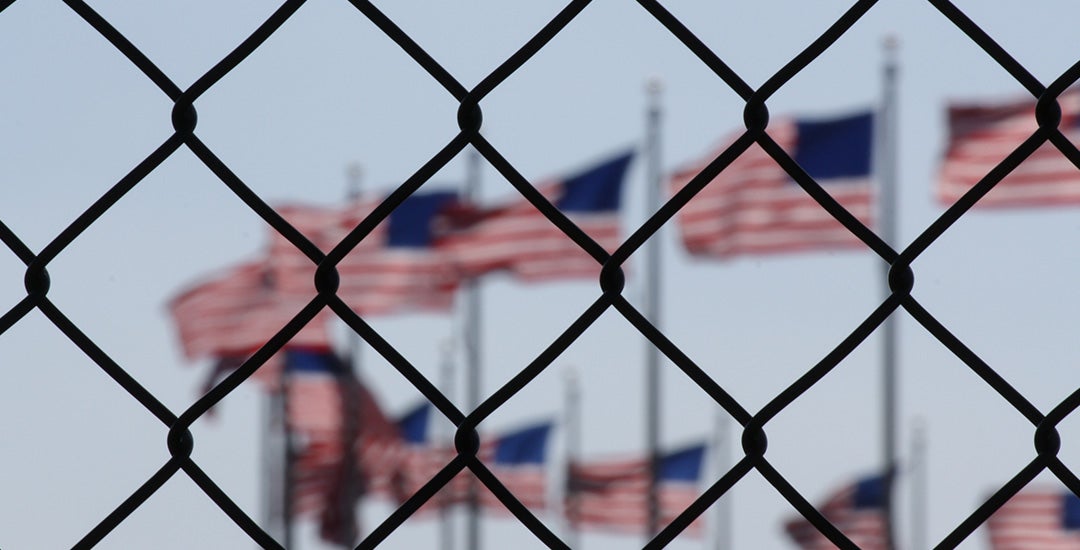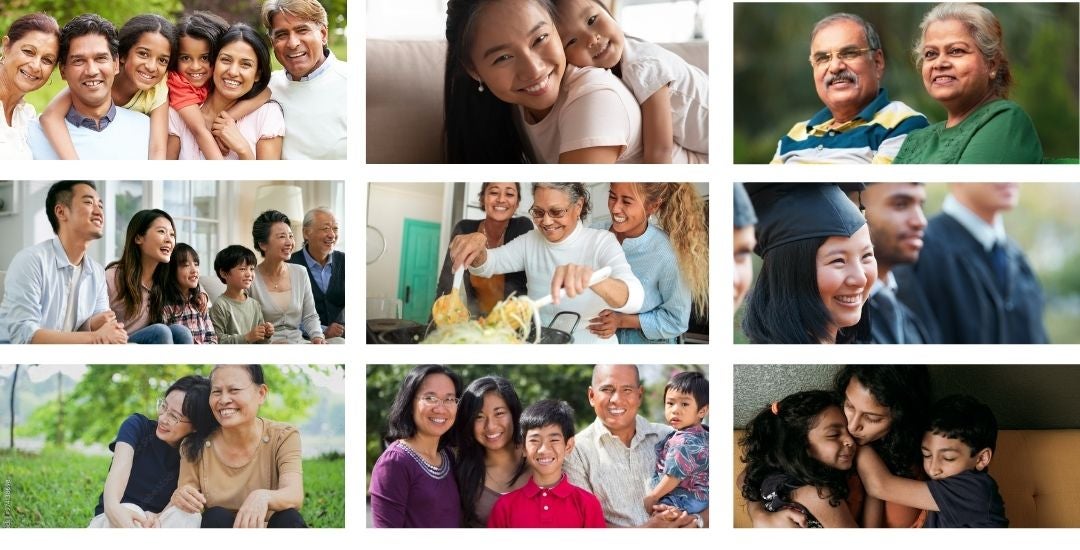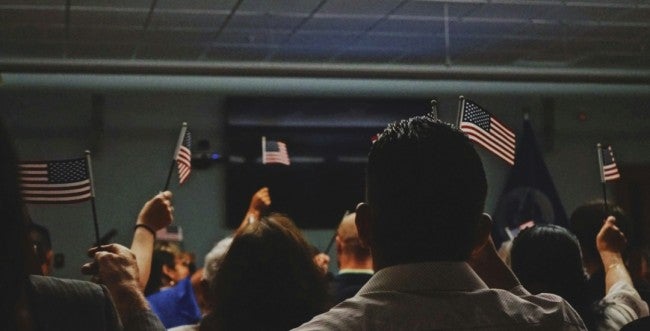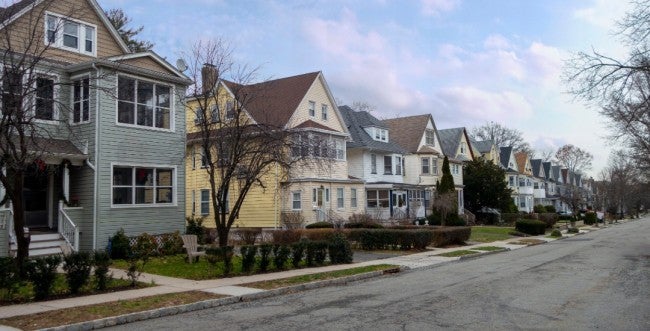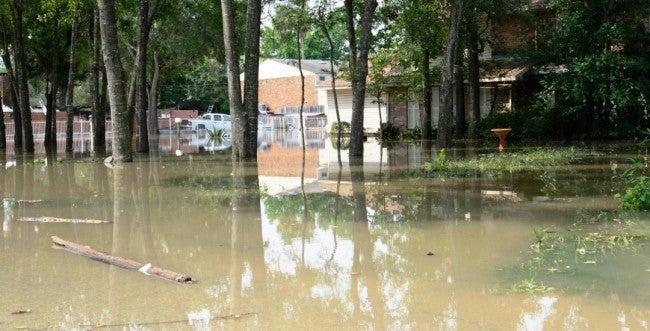
The Kinder Institute for Urban Research builds better cities and improves lives through data, research, engagement and action.
Page Link Cards

About 1 in 5 Houston-area residents used a predatory lending product in the past year, often to cover basic needs.

Families experiencing food insecurity are more than twice as likely to report poor or fair physical health compared with those who are food secure.

Work-life balance, salary and enjoyment are top priorities for Greater Houston-area workers when looking for a job.

Low-income students are still being left behind, according to a new assessment of the state’s school accountability system.
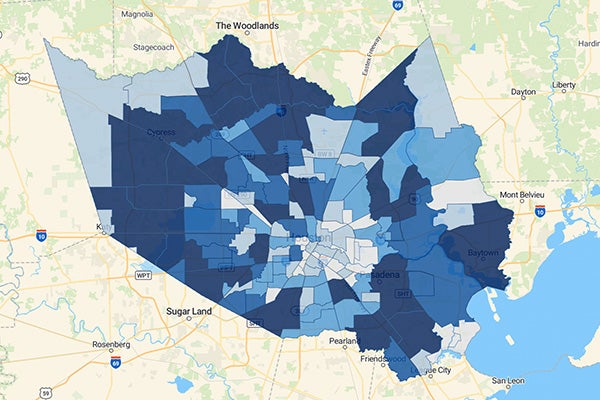
Houston Community Data Connections
Updates to the Houston Community Data Connections data dashboard allow users to save their favorite indicators, share indicator-specific maps and locate a specific address on the map, among other features.
EXPLORE THE DASHBOARD(opens in a new window)Kinder Institute Events
ALL EVENTSPhysical Address
Rice University
Kraft Hall
6100 Main Street, Suite 305
Houston, TX 77005-1892

